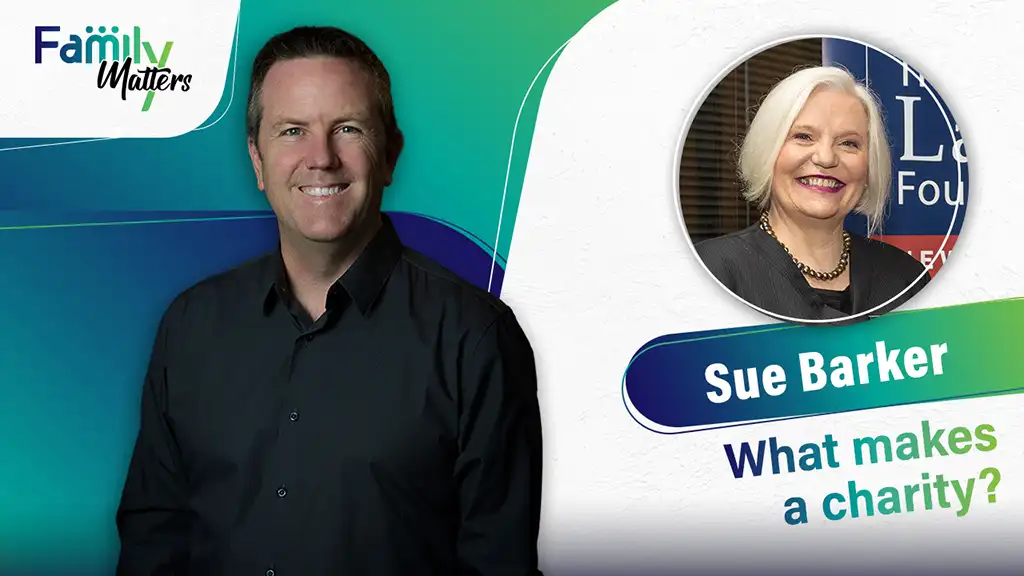‘Hate-speech’ laws continue to be proposed by the Labour Government under the pretence of ‘the public good’. After all, who can disagree with the idea of banning ‘hate’? But beneath the shiny veneer of good intentions lies one of the most dangerous attempts at a law change our country has faced in recent history.
After years of debate and 19,000 submissions to a recent Ministry of Justice consultation on six changes proposed by the Government to expand hate speech laws, the Government has finally released its draft hate speech law – and in a major backdown, they have proposed just one change. The current law is that it’s illegal to publish or distribute threatening, abusive, or insulting words likely to “excite hostility against” or “bring into contempt” (whatever that may mean) to any group on the grounds of colour, race, ethnic or national origins. The Government will expand these existing legal protections that have been in place since 1993 to also include any group on the grounds of “religious belief”.
Despite the country’s horror at the terrorist act in Christchurch and the grotesque ideology behind it, the government does not have the support of New Zealanders for a radical transformation and expansion of so-called ‘hate speech’ laws.
If you think that ‘hate speech’ laws will stop at certain religious beliefs, we’d encourage you to think again.
In its 2020 election manifesto, Labour pledged to “extend legal protections for groups that experience hate speech, including for reasons of religion, gender, disability or sexual orientation…” That’s why they’ve also asked the Law Commission to look at the laws around these other groups (despite the Ministry of Justice already doing a significant investigation).
This current proposed law change is just step one. In our view, it’s designed to take the heat off this highly unpopular and controversial issue in an election year – but it will be back.
Adding religion could potentially criminalise any and all criticism of religion or religious beliefs. This places religion above criticism. What really happens when hate speech law is enforced is that the role of the state is changed to decide which religions are valid and which are not. This has nothing to do with protecting any religion; it is the erosion of freedom and democracy.
Hate speech law will simply increase the power of the state to decide what we should say or not say about the nature of truth because true religion deals in truth. But why is only religion above criticism? The real effect of hate speech laws is that they will develop a culture of fear and self-censorship for the purpose of political intimidation and control.
Thoughts and ideas which are undesirable to special-interest groups will be able to be silenced simply by framing them as “hateful”. Such groups will claim to believe in free speech, just as long as it’s speech they approve of.
Political activists and special interest groups will miss the important distinction between hate-speech, and merely speech they hate, and end up using such laws as tools of political intimidation to punish opponents and shut down debate in the marketplace of ideas. Hate speech laws must be rejected for the sake of a fair, open and democratic society.
Go to http://hatespeech.nz



